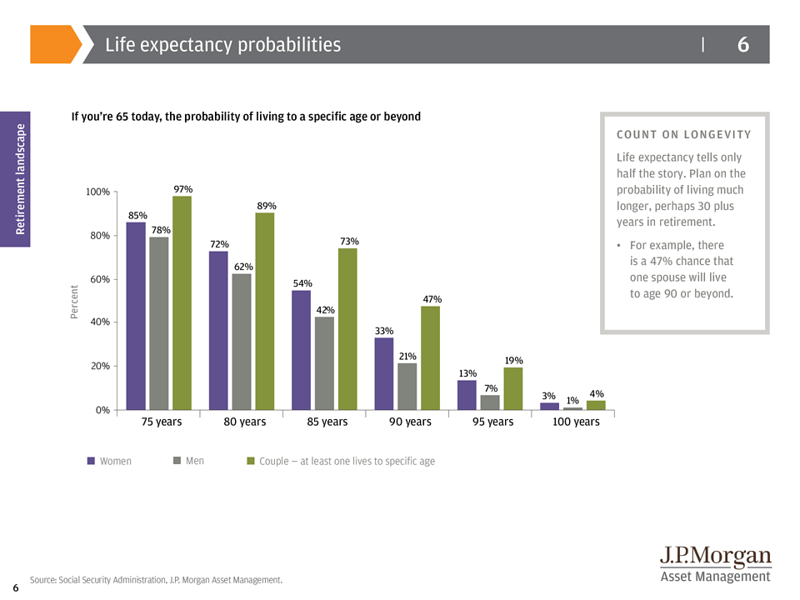Senator
Thinks s/he gets paid by the post
if the ltc policy is to small then you blew it by having it . it either covers the expense and keeps you off medicaid or it doesn't. it is useless in either case for doing so
You are right, but many people cannot even get a LTC policy. A Long Term Care Insurance Rates for Single Age 55 would be 2007 per year and that would cover a Daily benefit of $150 and 3 year benefit period.
If you want a higher premium, it is MUCH higher. Starting at 70, higher yet.
That is why many people opt for the Medicaid route. No premiums, and 100% coverage for as long as you need it. Generally in a sub-standard place...
A higher level of SS could help, if it's in the bank or in a monthly check, it all adds up. Most will avoid a LTC situation before 70. Generally, if you go in before 65, you will recover and get discharged, and your health insurance will cover the entire trip.
- For every 100 elderly patients in a nursing home in a given year, 38 will recover or stabilize so they can be discharged.
- About 88% of the 1,500,000 US nursing home residents (in 16,500 facilities) are over the age of 65
- The average stay for elderly patients who die in a nursing home is just shy of 2 years.
https://www.longtermcarelink.net/eldercare/nursing_home.htm
Ir really depends on the health you have each year whether or not to collect SS at that time. Statistics mean nothing when the doctors says "I have some bad news..."


